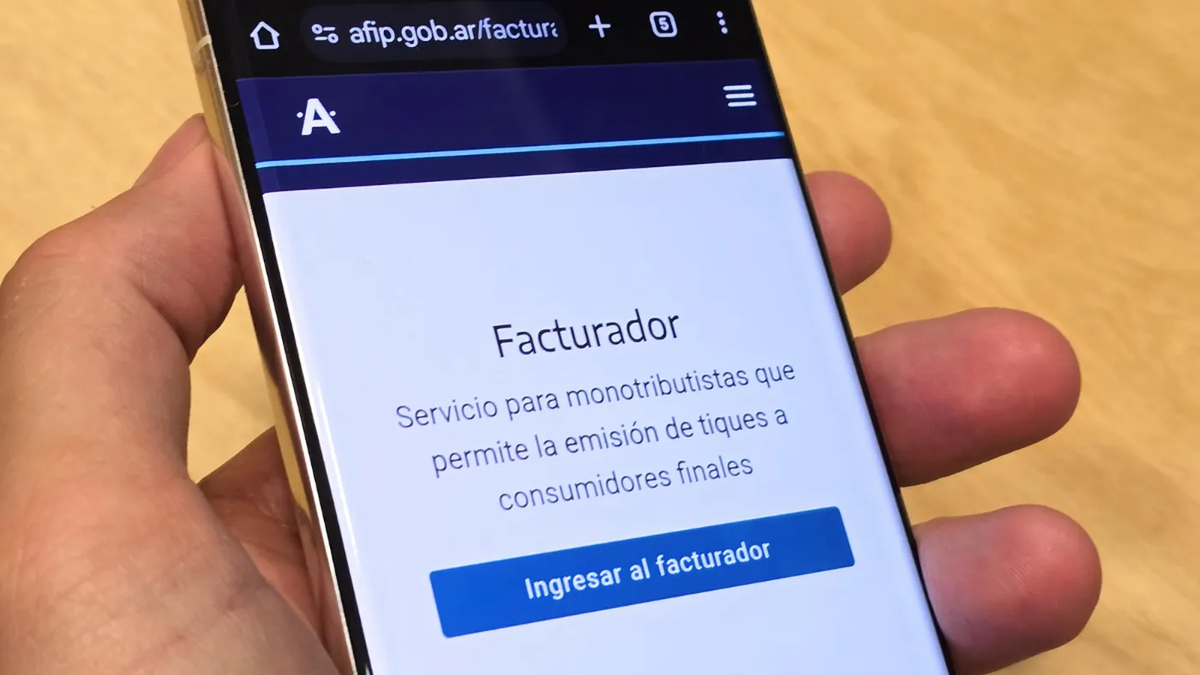Menu
Ark launches an important change in billing standards
Categories
Most Read
Federal Court of Justice: After Wirecard insolvency: BGH examines shareholder claims
October 16, 2025
No Comments
Industry in crisis: Car cities are suffering from a decline in trade tax
October 16, 2025
No Comments
Traffic: Cheaper driving licenses? Transport Minister makes suggestions
October 15, 2025
No Comments
Industrialists warn that the fall in activity and high rates complicate the economic transition
October 15, 2025
No Comments
In terms of competitiveness, Argentina starts at a disadvantage
October 15, 2025
No Comments
Latest Posts

Uruguay approved the euthanasia law and became the first country in the region to legalize it
October 16, 2025
No Comments
October 16, 2025 – 00:06 After more than twelve hours of debate, the Uruguayan Senate gave final sanction to the “death with dignity” project. The

Fuels: ADAC: Fuel price rule could make refueling more expensive
October 16, 2025
No Comments
AngelicaI am an author and journalist who has written for 24 Hours World. I specialize in covering the economy and write about topics such as

Federal Court of Justice: After Wirecard insolvency: BGH examines shareholder claims
October 16, 2025
No Comments
AngelicaI am an author and journalist who has written for 24 Hours World. I specialize in covering the economy and write about topics such as
24 Hours Worlds is a comprehensive source of instant world current affairs, offering up-to-the-minute coverage of breaking news and events from around the globe. With a team of experienced journalists and experts on hand 24/7.

